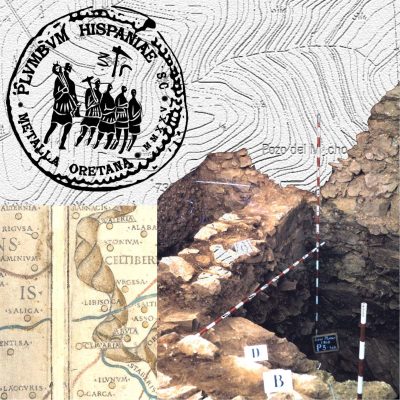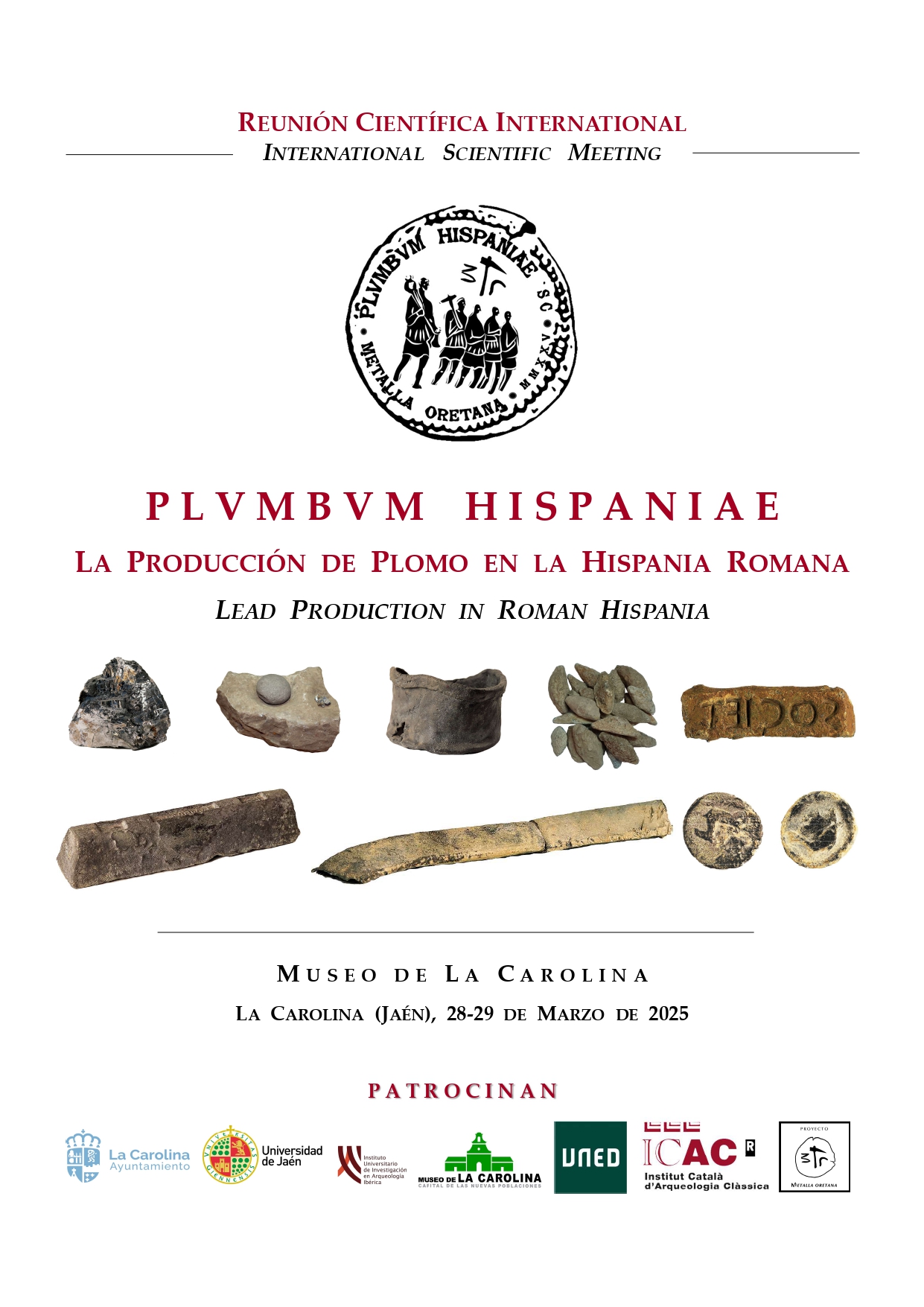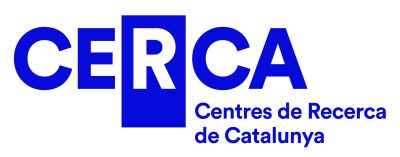
The organisation of the International Scientific Meeting on Lead Production in Roman Hispania: PLVMBVM HISPANIAE, opens its call for contributions.
The ArPA-LIRA research group (ICAC) is organising the First International Scientific Meeting PLVMBVM HISPANIAE: Lead Production in Roman Hispania, which will take place on 28–29 March 2025 at the Museo de La Carolina (La Carolina, Jaén, Spain). This gathering will bring together leading specialists in the study of ancient mining and metallurgy to explore the latest developments in this field.
The meeting is coordinated by Dr Juan Antonio Antolinos Marín (UM-ICAC) and features the distinguished participation of Dr Mar Zarzalejos Prieto (UNED), a member of ICAC’s Scientific Advisory Board, alongside other internationally renowned researchers.
New Opportunities, Interdisciplinary Research
In recent years, studies on the exploitation of mineral resources and metal production in antiquity have advanced significantly, driven by archaeological, epigraphic, and numismatic discoveries, as well as by the use of scientific tools such as archaeometry and geoarchaeology. This interdisciplinary framework has deepened our understanding of the principal mining regions of the Iberian Peninsula, one of the most significant extractive centres of Antiquity.
The I International Scientific Meeting seeks to gather experts in mining Archaeology, Epigraphy, Numismatics, and related disciplines to:
- Update archaeological and documentary evidence on lead mining and its relationship to silver production in Hispania.
- Share new methodological approaches that enhance research, particularly in the analysis of materials, isotopes, and production techniques.
- Promote the exchange of ideas and foster collaborations among national and international researchers.
- Reflect on the economic, social, and environmental impact of Roman mining on exploited territories and ancient societies.
- Discuss strategies for valorising mining heritage and its potential as a cultural and social resource.
This international meeting represents a unique opportunity to advance our understanding of Hispania’s role as a supplier of precious metals to the Roman Empire, with particular focus on the lead and silver mines of the Sierra Morena region.
Call for papers
The deadline for submission of proposals is 3 March 2025. Interested participants are required to submit an abstract of 500–700 words, including the title and author details, to proyectometallaoretana@gmail.com. Further details and specifications can be found here.
Highlighted Scientific Programme
The programme features lectures and presentations by renowned international researchers, structured into thematic sessions:
- Inaugural Session:
- Lecture by Dr Claude Domergue and Dr Christian Rico, providing a comprehensive overview of lead production in Hispania from the 2nd century BCE to the 1st century CE.
- Regional Studies:
- Analysis of the mining regions of Sierra Morena, with notable contributions from Dr Mar Zarzalejos Prieto and Dr Francisco Javier Heras Mora, among others.
- Presentations on the mining territory of Carthago Nova and the north-western regions of the Iberian Peninsula.
- Numismatics and Economy:
- Papers on monetary circulation and its connection to mining activities, with contributions from Dr Clive Stannard and Dr Alicia Arévalo González.
- Techniques and Analytical Methods:
- Use of isotopic analysis to determine the origins of materials and techniques for producing lead ingots, presented by Dr Sabine Klein.
- Social and Environmental Impacts:
- Studies on lead pollution in Roman contexts, delivered by Dr Olalla López Costas.
- Textual and Historical Perspectives:
- The Saturday morning presentations will focus on the study of literary sources and historical contexts related to lead mining, including:
- Dr Diana Gorostidi Pi will deliver a talk on Lead in Pliny the Elder, concerning the translation of Book XXXIV of the Naturalis Historia.
- Dr Almudena Orejas Saco del Valle will explore the role of lead in shaping the socio-economic structure of Roman Hispania.
The congress also includes an optional visit to El Centenillo’s mines and smelting facilities, guided by Dr Alejandro Casas Crivillé. This will provide a practical perspective on the extraction and production sites that will be examined during the scientific sessions.
Programme
Call for papers
The deadline for proposals is 3 March 2025. Interested participants must submit an abstract of 500–700 words, including the title and author details, to proyectometallaoretana@gmail.com. Further details and specifications can be found here.
Institutional Support
This meeting is made possible through the collaboration of:
- Ayuntamiento de La Carolina
- Universidad de Jaén (UJA)
- Instituto Universitario de Investigación en Arqueología Ibérica
- Museo de La Carolina
- UNED
- Proyecto Metalla Oretana

About the Catalan Institute of Classical Archaeology (ICAC)
The Catalan Institute of Classical Archaeology (ICAC-CERCA) is a CERCA center established as a consortium in 2003 by the Government of Catalonia and the Rovira i Virgili University. It is a Catalan institution with an international scope, at the forefront of research and conservation of archaeological heritage. Its headquarters are in Tarragona, a city recognized as a UNESCO World Heritage Site in 2000. Its researchers work to understand the past, through the study of archaeological remains, and promote the preservation of the historical legacy. We are CERCA!
For more information, visit www.icac.cat.






